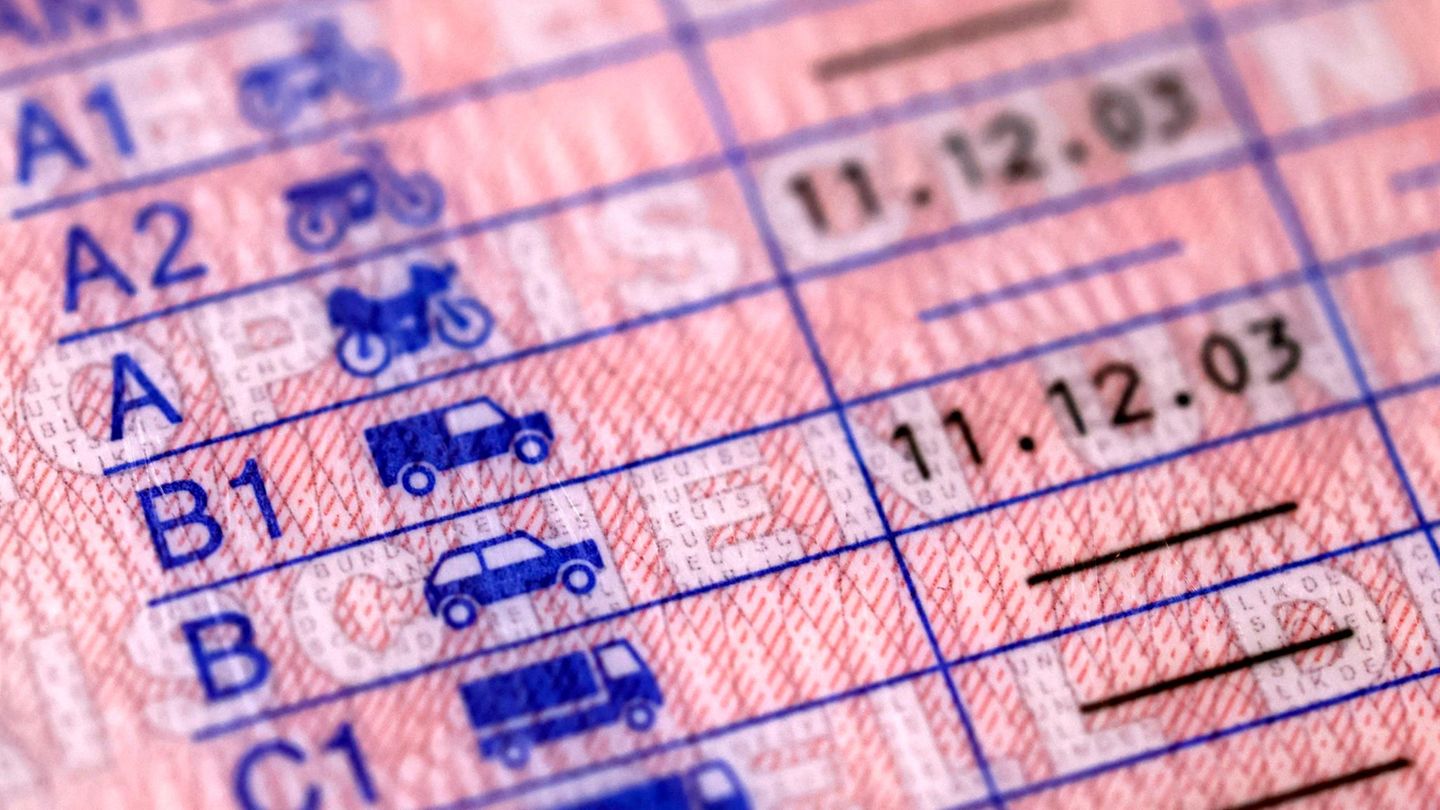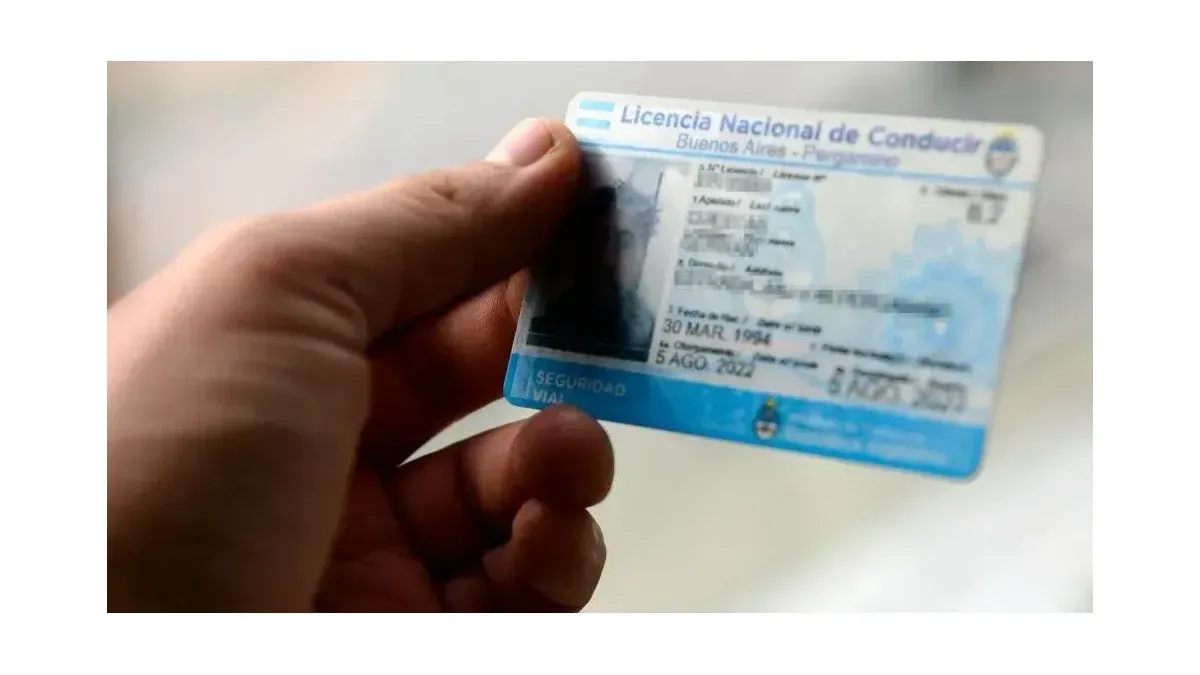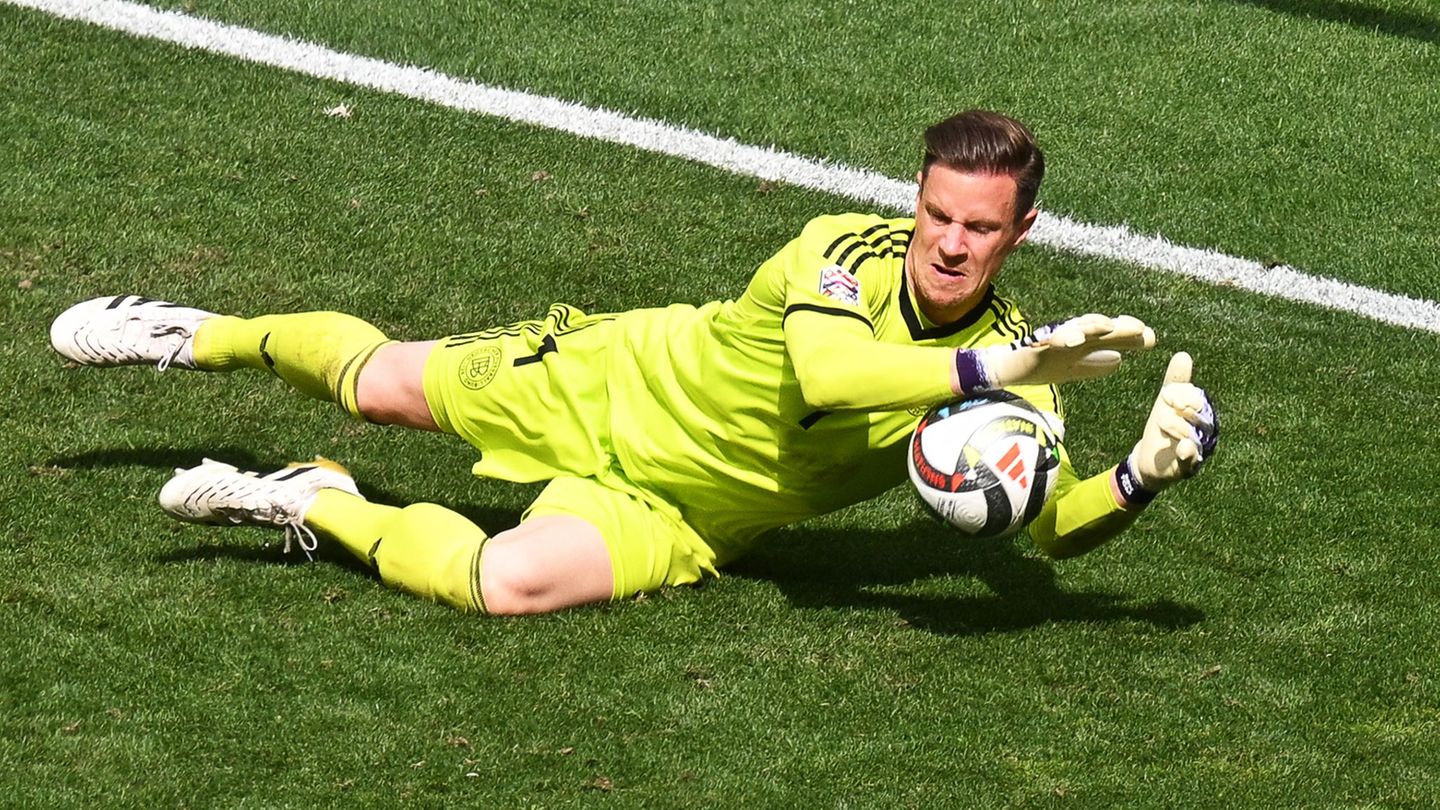An era ends in the small Balkan country on the Adriatic Sea. For more than three decades, Milo Djukanovic determined politics, for better or for worse. Which path will the successors take?
After more than three decades in power, Montenegro’s President Milo Djukanovic has to vacate his last bastion. In the runoff election for the highest state office, the pro-Western politician lost to the political newcomer Jakov Milatovic from the party “Europe Now!”. He was supported by the pro-Serbian camp, which favors unification with, or close ties with, Serbia. With Djukanovic’s departure now sealed, who led his country to independence in 2006 and NATO membership in 2017, the question arises as to which foreign policy path the small Balkan country on the Adriatic Sea will take in the future.
According to election researchers, election winner Milatovic got 59 to 60 percent of the voters behind him. Djukanovic had to be content with 40 to 41 percent of the votes. The State Electoral Commission had not released any results as of Monday afternoon.
The president who was voted out congratulated his successor on the night of the election. Election winner Milatovic was greeted by supporters at the headquarters of “Europe Now!” celebrate, who shouted in choruses: “Milo (Djukanovic), it’s over!” He said the win will change Montenegro. Crime and corruption will no longer exist in the country’s politics. The road to Europe remains the priority.
An era comes to an end
For the 30 years before, the outgoing President Djukanovic had determined politics in Montenegro in changing capacities: he was president twice and prime minister four times. His rule was repeatedly overshadowed by corruption, nepotism and closeness to organized crime. He had actually already gone into the election as an opposition candidate: More than two years ago, his Democratic Party of Socialists (DPS) lost in the parliamentary elections to an alliance of pro-Serbian and reform parties. Since then he has served in a tense power-sharing regime with unstable, mostly pro-Serb governments.
Among the outgoing patriarch’s lasting credits is that he broke with Yugoslav-Serb warlord Slobodan Milosevic in 1997. During the Croatian and Bosnian wars he was still closely allied with him. At a not inconsiderable personal risk, he withdrew his country, which at the time was still part of the rest of Yugoslavia, from Belgrade’s control. He achieved independence peacefully in 2006, via a referendum, the outcome of which was accepted by the then democratic government in Serbia.
Djukanovic also broke many ties with Russia, whose investors he had generously invited in the 1990s. In 2016, a year before joining NATO, agents and mercenaries from Serbia linked to the Russian military intelligence agency GRU attempted a coup with the aim of killing him. Montenegrin security services foiled the plot.
criticism of national debt
President-elect Milatovic is only 36 years old. He studied economics and worked for banks in Great Britain and Germany. Politically, he first appeared as economics minister in the first, short-lived pro-Serbian government after 2020. He raised wages massively, among other things by eliminating compulsory contributions to health insurance companies. Critics accuse him of accepting national debt and ruining the healthcare system.
After the end of the first pro-Serbian government in April 2022, Milatovic and his friend Milojko Spajic – both close to the Serbian Orthodox Church controlled from Belgrade – founded the “Europe Now!” party. This is open to reform, pro-European and modern. So far, however, no substantive statements have been made by the two party founders about future relations with Serbia and Russia.
In any case, observers expect close ties to Serbia. In particular, this could occur after the early parliamentary elections on June 11th. “Europe Now!” is considered the clear favourite. Together, the pro-Serb camp could come close to a two-thirds majority with which to change the constitution.
The emerging superiority of the pro-Serbian bloc scares the writer Andrej Nikolaidis. “Anyone who is so politically strong would be tempted to abuse power,” he said on Monday. The real reform potential of “Europe Now!” is difficult to assess. “But it would be naïve to ignore the fact that this group grew up on the wave of massive Serbian nationalism,” he added.
Source: Stern
I have been working in the news industry for over 6 years, first as a reporter and now as an editor. I have covered politics extensively, and my work has appeared in major newspapers and online news outlets around the world. In addition to my writing, I also contribute regularly to 24 Hours World.




